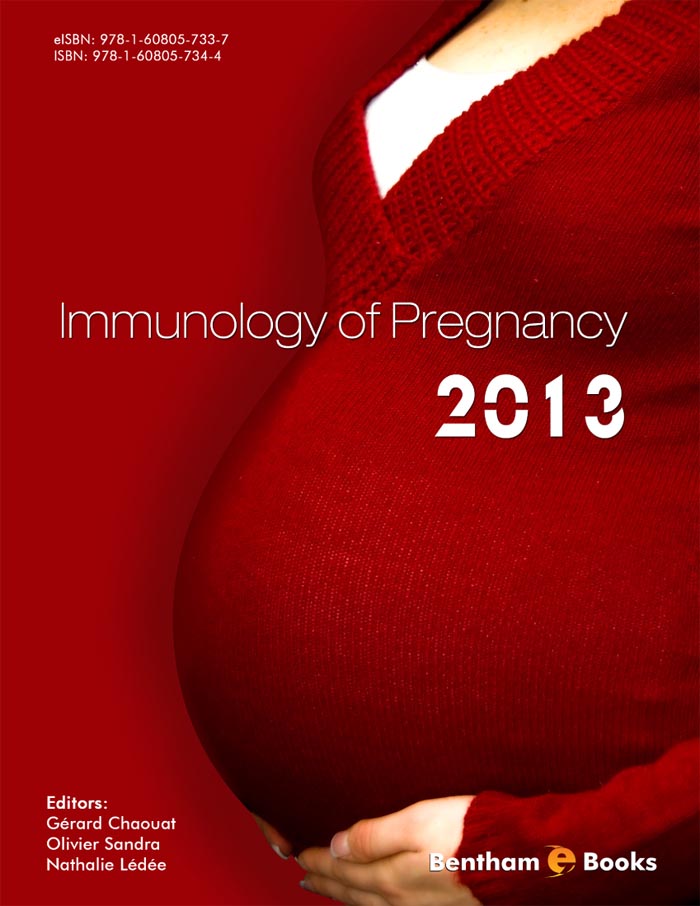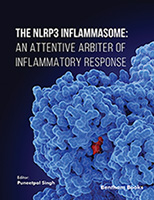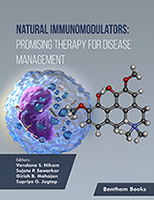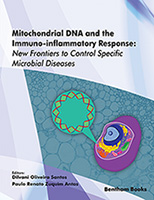Introduction
Since a September, 1992, Nature article which read: “Can there be life without LIF?”, researchers now realize that the maternal immune system is both a foe (it can reject the conception) and a friend (immune cells and molecules are also necessary for successful pregnancy). Leukemia Inhibitory Factor (LIF) when absent, prevents embryo implantation in rodents. From fecundation to parturition, immunity acts as a Janus, required but potentially dangerous. However, the complexity and the diversity of immunity in pregnancy deters many from entering the field. This book will try to give a complete overview of immunity from gametes till parturition, in brief, but with complete chapters and subsections, each written by specialists in the field.
The importance of the topic relies not only on “the riddle of the fetal allograft”, which is per se fascinating, but on its consequences, linked to the development of IVF and in general, Assisted Reproductive Technologies (ART) / Medicine. Since the discovery that there would not be (mammalian) life without LIF, it has become clear that Immune Molecules, and in general, transient post mating inflammatory reactions are required for successful implantation. Disruptions of this process can lead to implantation failure / sterility.
In later stages of pregnancy immunological cells, mostly of the innate immune system, control formation of local spiral arteries. Finally, a state of tolerance establishes itself, whose “break’ leads to immune abortion and the vascular bed is further transformed and enlarged, till delivery, and here again “immunological cytokines” do play a major role and can eventually cause immune mediated abortion.
Failure of, not just, the cytokine and cell recognition mediated dialogue, but also the pre and peri-implantation “preparation of the uterus”, as stated, leads to sterility, early pregnancy loss and recurrent abortions. There is also an increasingly stronger argument to implicate immunology in pre-eclampsia. Further still, immunology is also implicated in the control of local infection, mother to child transmission of pathogens (notably, but not limited to, HIV). Finally, pregnancy is the only known physiological phenomenon where the once named “suppressor T cells,” re-emerge as “regulatory T cells”, and play a cardinal role.
This E-book provides a complete compendium of gynecological immunology, spanning from fecundation to delivery. Topics also include the role of various cell types (such as T regs ad NK cells) in implantation and uterine changes as well as the genetic regulation of immunological processes. As such it will be of interest not only to fundamental and reproductive immunologists, but more importantly, clinicians in obstetrics and gynecology.





